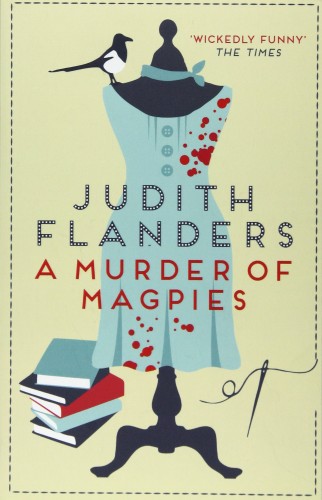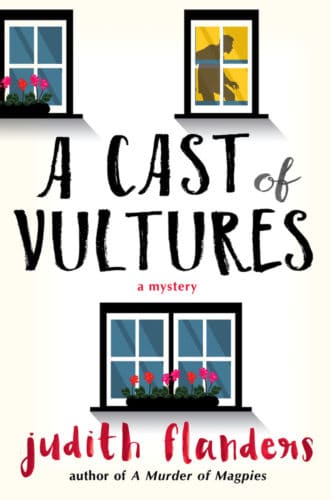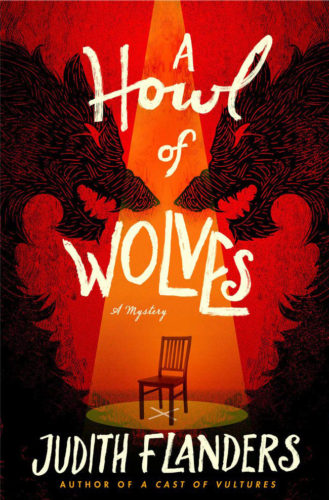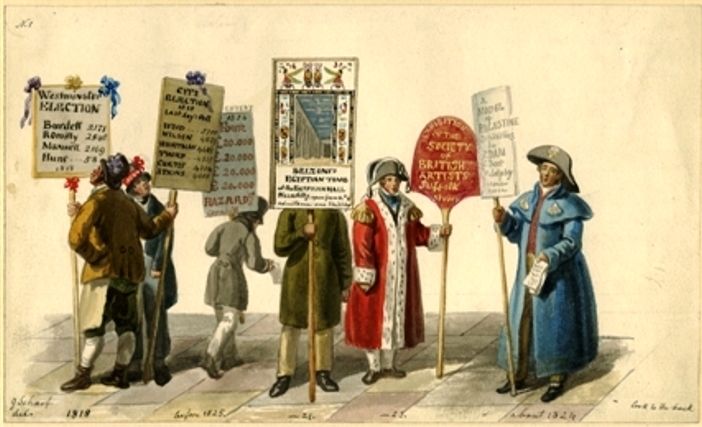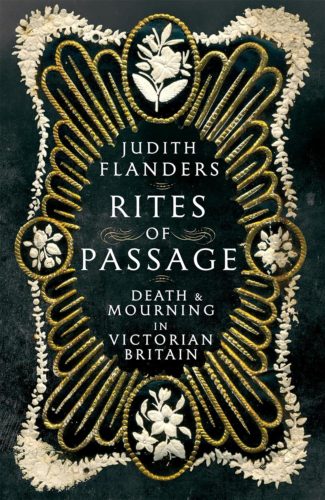 In Rites of Passage, acclaimed historian Judith Flanders deconstructs the intricate, fascinating, and occasionally – to modern eyes – bizarre customs that grew up around death and mourning in Victorian Britain.
In Rites of Passage, acclaimed historian Judith Flanders deconstructs the intricate, fascinating, and occasionally – to modern eyes – bizarre customs that grew up around death and mourning in Victorian Britain.
Through stories from the sickbed to the deathbed, from the correct way to grieve and to give comfort to those grieving to funerals and burials and the reaction of those left behind, Flanders illuminates how living in nineteenth-century Britain was, in so many ways, dictated by dying. This is an engrossing, deeply researched and, at times, chilling social history of a period plagued by infant death, poverty, disease, and unprecedented change. In elegant, often witty prose, Flanders brings the Victorian way of death vividly to life.
Praise for “Rites of Passage”
“Flanders writes with sharp intelligence and first-class scholarly attention to detail . . . and rather relishes the swirling gothic atmosphere of her subject, which takes in everything from bodysnatching to suicide, capital punishment to cremation.”
― The Telegraph
“The socio-economics of death in the long 19th century proves gruesomely fascinating and Flanders is a skilful marshaller of details to prove it . . . A gifted social historian”
― Financial Times
“It’s strange to write it, but there is such charm in this book, and all of it the result of Flanders’s indefatigable research. […] Yes, every page – every paragraph – of this brilliant book is interesting. But there’s something else, too. Like a good funeral, Rites of Passage does the reader some good as well.”
– The Guardian
“Flanders never forgets the human aspect of the Victorians as she richly documents their varied ways of coping with death.”
― Literary Review
“Sometimes sad, often witty, Rites of Passage makes for a thought-provoking and surprisingly entertaining sepulchral journey.”
― The Herald
“There is no aspect of Victorian death that does not make it into Judith Flanders’s latest investigation into 19th-century life . . . Flanders’s strength has always been to move deftly between micro and macro, the general and the particular, the societal and the entirely personal, to produce that kind of panoramic yet teeming view beloved of the Victorians themselves. “
― Sunday Times
Rites of Passage is published by Picador
A Place For Everything

Few of us consider the order of the alphabet for long after we first learn it as children. Yet it is alphabetic order, its role in organization, that allows us to access centuries of thought, of knowledge, of poetry, literature, scientific discovery and discourse. Alphabetical order allows us to locate the information we need, and disseminate it further. Without alphabetical order, all the knowledge in the world would lie in great unsifted stacks of books, unfindable, unread, unknown.
A Place For Everything traces the beginnings of alphabetization, as we understand it, moving from the development of what was, in effect, a sixteenth-century proto-card catalogue, to a London bookseller who made a revolutionary breakthrough when he alphabetized his books, not by lumping all the ‘Thomases’ together (Thomas More, Thomas Smith, Thomas Elyot), but by ‘sirname’.
The alphabet itself is an ancient invention, yet alphabetical order was the organizing principle that ushered in, and made possible, the modern world. It may now be on its way out, as binary code replaces the need to know that O comes after N. It is long past time that this extraordinary development was celebrated.
The Sam Clair Mysteries
“Flanders’ easygoing writing style, her clever plotting, and the presence of the engaging lead, Sam, who continues to impress with her nimble intellect and resilient personality…make this series more than the usual amateur-sleuth fare.”
―Booklist
